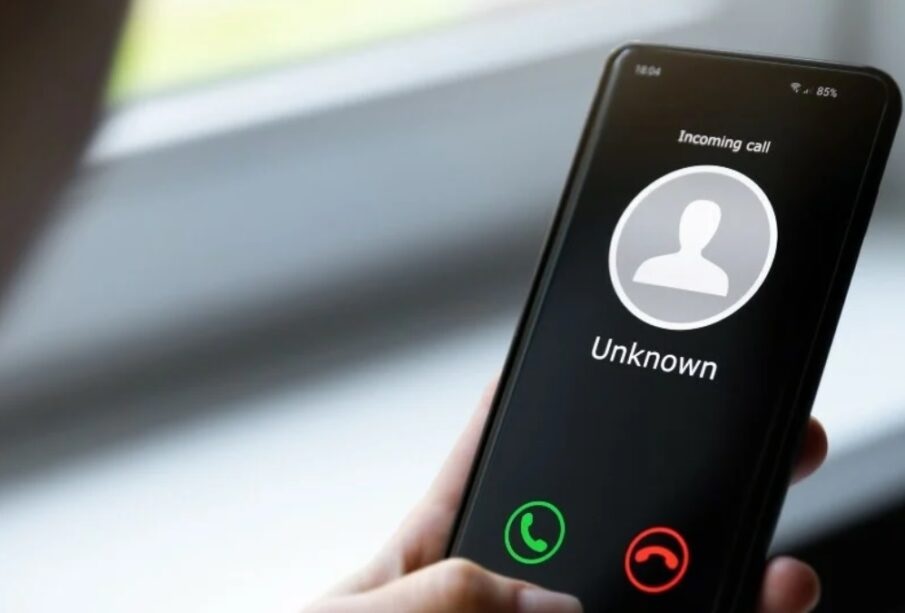In today’s digital age, scam calls have become a pervasive issue affecting countless individuals. According to recent statistics, Americans were bombarded with over 50 billion spam and scam phone calls in the previous year alone, resulting in financial losses nearing $40 billion. If you find yourself incessantly targeted by these fraudulent calls, you’re likely eager to identify the callers and put a stop to their harassment. While many individuals turn to phone number lookup services for assistance, it’s important to recognize that these services may not always be the most effective solution.
Know more about reverse number lookup
Reverse phone lookup services, also known as “people search” websites, claim to provide detailed reports regarding the owners of phone numbers that call you. Although popular services like Spokeo, TruthFinder, CocoFinder, and BeenVerified compile basic background checks using public records, they often fall short in effectively combating spam and scam calls. Here’s why you should exercise caution when relying on these services:
- Cost vs. Value: While some services tout “free” reverse phone number lookups, accessing comprehensive reports often requires payment.
- Spoofed Numbers: Scammers frequently employ Voice-over-IP (VoIP) technology to manipulate caller IDs, making it challenging for lookup tools to identify unlisted or spoofed numbers.
- Privacy Concerns: Many lookup services may sell your personal information to telemarketers or scammers, exacerbating your vulnerability to further scams.
- Online Privacy: Providing personal information to these services may compromise your online privacy, as your data could be added to public databases accessible by scammers and others.
- Accuracy: Information provided by reverse phone lookup services may not always be reliable, potentially leading to misidentification or confusion.
- Limited Utility: Even if you ascertain the identity of a scam caller, this knowledge alone may not prevent future calls or protect you from other scams, particularly those perpetrated by international entities.
Given these limitations, it’s essential to employ alternative methods for identifying and combating scam calls. Below are several actionable measures you can implement:
- Screen Calls: Use your phone’s caller ID to screen incoming calls and prioritize answering those from known contacts.
- Observe Warning Signs: Be wary of calls from international or unfamiliar numbers, mismatched caller IDs, and unsolicited requests for personal or financial information.
- Online Research: Conduct a quick online search of suspicious numbers to determine if others have reported them as scams.
- Social Media Check: Utilize social media platforms to cross-reference phone numbers with known contacts or search for any associated profiles.
- Activate Call Blocking: Take advantage of your phone’s settings to block calls from unknown or suspicious numbers automatically.
- Stay Informed: Educate yourself about common phone scam tactics and red flags to better identify potential threats.
- Utilize Spam-Blocking Apps: Explore spam-blocking apps provided by your phone carrier to identify and block known scam numbers effectively.
By implementing these proactive measures, you can enhance your ability to identify and mitigate the impact of scam calls without relying solely on potentially unreliable phone number lookup services.













Comments